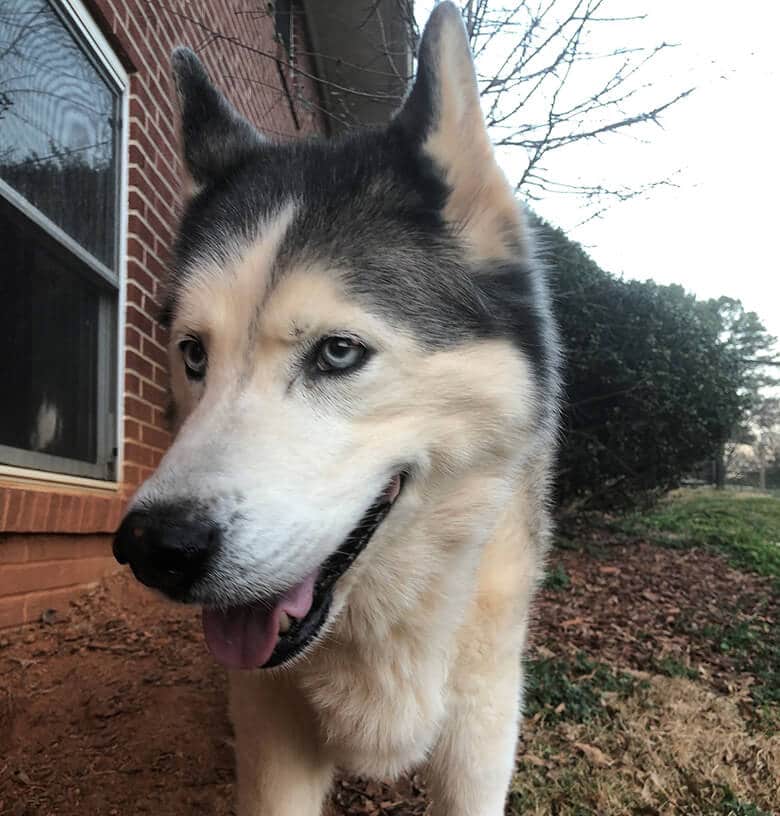A special partnership between a hospital and veterinary school is pumping new life into some dogs by providing them pacemakers discarded by humans.
Called the Pacemaker Donation Program, patients at The Medical Center, Navicent Health in Georgia can choose to have their old pacemakers donated to dog patients at University of Georgia’s College of Veterinary Medicine.
“When a patient’s pacemaker is exchanged, upgraded or replaced, the patient is offered the option of donating their used device to the Pacemaker Donation Program. Everyone – our staff and our patients – has been excited to save the lives of animals with reusable devices,” Beth Mann, the vice president for cardiovascular services and nursing strategy at Navicent Health, said in a statement.
Related: Social Media Sensation Boo the Pomeranian Dies of a ‘Broken Heart’
The idea came after Navicent Health nurse Terri Matula’s husband Bob Driver needed a replacement for his pacemaker. From her time studying as a nurse, she knew that pacemakers from humans could be implanted into dogs.
“I asked his cardiology team if I could keep the pacemaker after they replaced it and then called the University of Georgia to find out if I could donate the device to the College of Veterinary Medicine,” said Matula.
They agreed.
This was the beginning of the program. Since its launch last year, there have been more than 40 pacemakers donated to help dogs who suffer from heart problems — including blockage and arrhythmia — that can impact (and shorten) their lives.
Matula is happy to have kicked off the program. Her family had a cocker spaniel named Gator years ago who suffered from a heart condition. At the time, she knew a pacemaker would possibly work, but was unable to pay for a new one.
“One day, when Gator was about nine years old Bob was walking him, and he just passed out,” Matula told us. “We ran him into our veterinarian and discovered that Gator had a third-degree heart block. This is when we learned that pacemakers were used in dogs with dysrhythmias. “However, this would be an expensive procedure and at the time, Bob and I were both students and did not have the financial means to be able to do this for Gator.” (Gator went onto live five more years.)
Related: Can’t Afford Your Vet Bills? Here Are Some Financial Aid Services for You.
With this recycled-pacemaker program, an owner can expect to pay between $3,000 and $3,500 for heart surgery, which, while very expensive, is still less costly than one where a new pacemaker is used, according to The Macon Telegraph.
Most pacemakers have at least 5.5 years of battery life remaining, providing dogs with heart conditions a new lease on life.
“This project demonstrates that with some creativity and a desire to share with others, solutions can be found,” Dr. Rapaport, a veterinary cardiologist with UGA, says. “Each donated pacemaker that has benefited a person will now have benefited a dog, as well.”



















